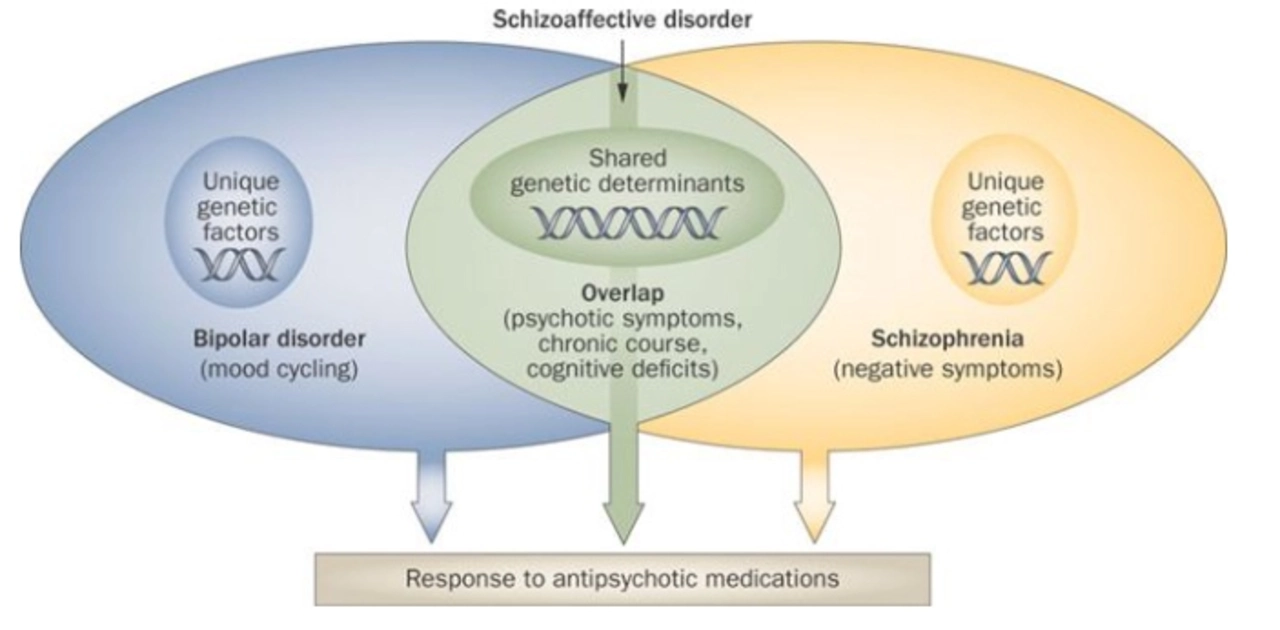If you’ve heard doctors talk about clozapine, they’re usually referring to a strong antipsychotic that’s saved for tough cases of schizophrenia. It’s not the first drug most people try – it’s more like a backup plan when other meds don’t work or cause too many problems.
Why is it special? Clozapine can calm severe symptoms like hallucinations, delusions and aggressive behavior better than many other drugs. That power comes with a catch: you need close monitoring because of rare but serious side effects.
First off, you’ll never get clozapine over the counter. A doctor must write a prescription and enroll you in a blood‑test program. The reason? Clozapine can lower white blood cells, which raises infection risk.
The usual start dose is tiny – often 12.5 mg once or twice a day – just to see how your body reacts. Your doctor will slowly increase the amount, sometimes up to 300–450 mg daily, split into two doses. Never change the dose on your own; always follow the schedule your doctor gives you.
Blood work is the real star of clozapine safety. You’ll need a weekly complete blood count (CBC) for the first six months, then every two weeks for the next six months, and finally monthly after that if everything looks good. If your white‑blood‑cell count drops too low, you must stop the drug right away.
Taking clozapine with food can help reduce stomach upset. If a dose makes you feel dizzy, sit down or lie down until it passes – don’t drive or operate heavy machinery right after taking it.
Most people on clozapine notice some side effects. The most common are mild: constipation, weight gain, dry mouth and a sleepy feeling. Drinking plenty of water and moving around can keep constipation at bay.
A more serious concern is the drop in white blood cells (agranulocytosis). That’s why those regular CBC tests matter. If you notice fever, sore throat, or flu‑like symptoms, call your doctor immediately – they could be signs of infection.
Another warning sign is a sudden change in heart rate or severe dizziness. Clozapine can affect the heart rhythm (QT prolongation), so any palpitations should be reported.
Some people also experience seizures, especially at higher doses. If you have a history of seizures, tell your doctor before starting clozapine; they may adjust the dose or add medication to lower seizure risk.
Even though it sounds scary, many patients stay on clozapine for years and see big improvements in daily life. The key is staying honest with your healthcare team, keeping appointments, and doing those blood tests on time.
If you’re considering clozapine or have just begun, remember: it’s a powerful tool that works best when you treat it like a partnership. Track how you feel, note any odd symptoms, and keep the conversation open with your doctor. With the right monitoring, clozapine can make a real difference for people who haven’t found relief from other meds.

As a blogger, I've recently come across the topic of the role of Clozapine in the management of psychotic depression. Clozapine, an atypical antipsychotic medication, is used to treat severe cases of this mental health disorder when other treatments have failed. Its unique properties help in alleviating both psychotic symptoms and depressive episodes. However, it's essential to be aware of the potential side effects and monitor blood levels closely while administering this medication. In conclusion, Clozapine plays a crucial role in managing psychotic depression, improving the quality of life for those who suffer from this challenging condition.
Learn how to safely buy cheap generic Celebrex online in 2025. Get price comparisons, verification tips for reputable Canadian pharmacies, ordering steps, and FAQs.
Learn safe ways to purchase cheap generic Singulair online, compare prices, verify pharmacies, and save on your asthma medication.
Anxiety disorders affect nearly 1 in 5 adults and include types like GAD, panic disorder, and social anxiety. Evidence-based treatments like CBT and SSRIs are highly effective, with new options like digital apps and zuranolone emerging in 2023.
This article delves deep into the world of Inderal (Propranolol), a prominent medication used to treat a variety of conditions, including high blood pressure, heart rhythm disorders, and anxiety. We explore the drug's medical significance, common dosages, potential side effects, and interactions with other medications. Discover useful tips on how to find the best deals for Inderal, ensuring you can manage your health effectively without breaking the bank.
Learn how to identify legitimate generic drugs at the pharmacy by checking labels, verifying pharmacies, spotting counterfeit signs, and using lot numbers to confirm safety. Save money without risking your health.